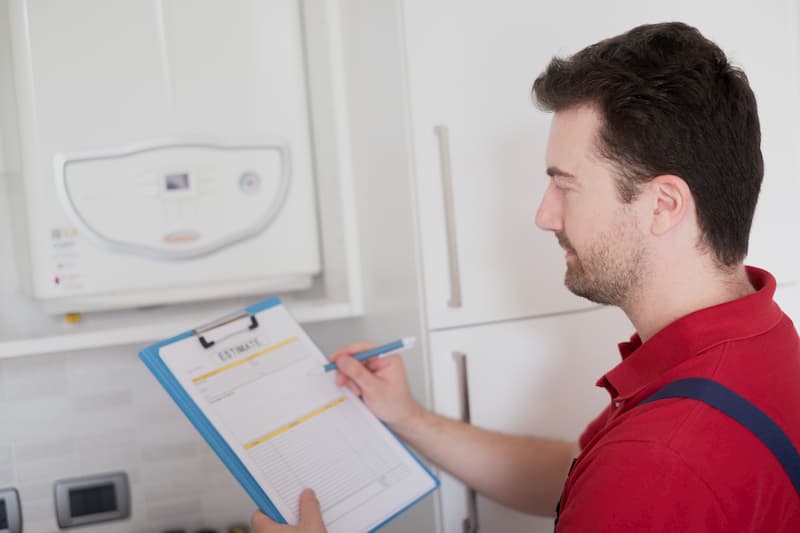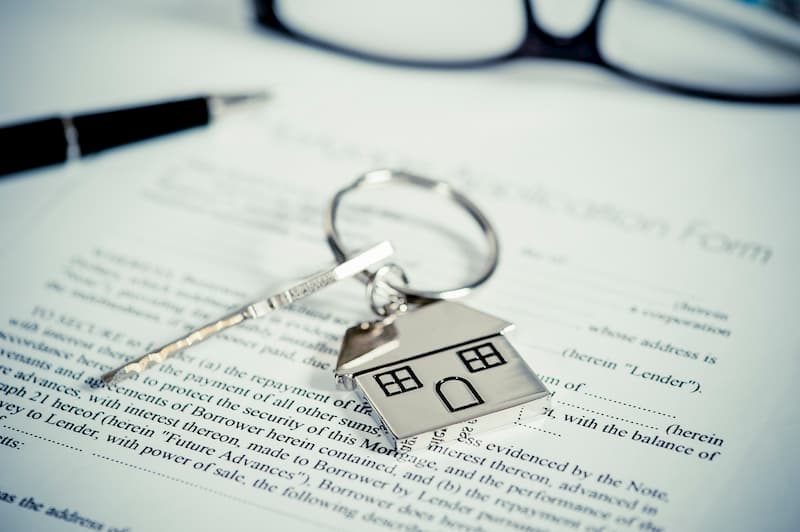In most cases, if you can prove a tenant’s name is on the bill, you will not be liable for unpaid bills on your rental property. However, it is vital for landlords to be fully aware of their responsibilities towards all bills to prevent complications and disputes. Handling bills is a key part of taking on landlord responsibilities, so being clear of your role can make landlord duties much easier.
This guide will explain the responsibilities of a landlord when it comes to bills, discussing the best practice for handling utility bills, council tax and student property bills.
Click on a link to jump to that section:
Find out what your responsibilities are in terms of organising bills and making sure they are paid.
Read our tips on handling water bills.
Find out your responsibilities for handling council tax and what kind of properties are exempt from council tax.
Find out whether your responsibilities with student housing bills if different to letting other properties and what to bear in mind when renting to students.
Landlord’s responsibilities for utility bills
Making a tenancy agreement is hugely important, as it ensures your tenants are aware of where they stand with bills, and can provide proof as to who is responsible for bills. It is up to you which bills your tenants are responsible for. You can stipulate which bills your tenant pays for in your tenancy agreement.
Common bills that tenants are responsible for are:
- Gas
- Electricity
- Water
- Council tax
- Broadband
To ensure you are not responsible for tenant’s unpaid bills, it is vital for landlords to also do the following when it comes to handling bills:
- Ensure your tenancy agreement is clear
- Keep a signed copy of the tenancy agreement
- Inform the local council when a new tenant moves in
- Inform the utility companies of any change in tenancy
- Get your tenants to change the name on the utility bills
- Make a note of meter readings at the start and end of tenancies
What should you do if your tenant leaves and owes utility bill payments?
As soon as you realise a tenant has moved out, you should contact the various utility providers. If you can provide proof that the tenant was the legal occupier of the property until the date you gained access, they will be liable for the bills if the accounts were in their name.
What if your tenants have a disagreement about splitting bills?
Disagreements between tenants are common, and the bill splitting process can be made easier by offering a bills-inclusive agreement or referring your tenants to a bill splitting service such as Split the Bills. You can read more about our services for landlords here.
Who is responsible for utility bills in a multiple occupation property?
Whoever is listed as the account holder with the utility provider will be legally responsible for paying the bill. This means all occupants of a property would need their names to be registered with the utility company to share equal responsibility for payment.
Bills-inclusive vs non-inclusive agreements
- Bills-inclusive: bills are included in rent price.
- Non-inclusive: bills are not included in rent price.
One of the main advantages of a non-inclusive tenancy is that, as a landlord, you have fewer responsibilities. Without having to arrange the utilities and calculate the total cost of bills to be added to the rent, there is less hassle on your part.
However, for many potential tenants, a tenancy where the bills are included in the rent is attractive. It eliminates the stress of having to manage multiple payments and contracts for the tenant – all they have to do is pay their rent. This is particularly attractive for HMOs like student lets, but it can also work for single-tenant properties as well. A service such as Split the Bills can make life easier for you by splitting the bills for you, leaving you more time to do other landlord duties.
You can read our full guide to bills-inclusive vs non-inclusive agreements here.
For more guidance on the landlord’s responsibilities, read our guide to the landlord’s responsibilities with utility bills.
Handling water bills
Landlords should always do the following when it comes to water bill responsibilities:
- Always tell the local council when a tenant moves in and inform the water suppliers of any change in tenancy. This helps ensure your tenants are legally responsible for the water bills.
- Ensure your tenancy agreement states that the tenants are responsible for water. This creates a binding agreement, signed by both parties, stating that water bills must be paid by the tenant. Keep a signed copy of the tenancy agreement in a safe place. In the event of a dispute, this will ensure you have evidence that a formal agreement is in place.
Dealing with unpaid water bills
The Flood and Water Management Act 2010 granted additional powers to water companies. One of these powers was the ability to hold a landlord liable for their tenants’ unpaid water bills if they failed to inform the supplier of the new tenant’s details when the tenancy started. You can also be charged if you fail to prove that the tenant is responsible for paying water bills.

Can you evict a tenant for not paying the water bill?
In most cases, the water supplier will take action against a tenant who doesn’t pay their bills. You can give yourself the right to evict the tenant for not paying their water bill by writing it into the tenancy agreement, but it is usually best to try and urge them to pay the bill where possible.
Handling council tax
Councils are usually very quick to follow up unpaid council tax bills; however, non-resident landlords are not usually responsible for payment. If tenants are jointly named as the occupiers on a joint tenancy agreement, they are all equally responsible for payment.
However, if the property is occupied by multiple residents with separate tenancy agreements, the landlord may be responsible for paying council tax. In addition, if the property is empty, the landlord is responsible for paying the council tax bill, although some councils offer a discount.
If your tenancy agreement states the tenant is responsible for the council tax, it is up to them to contact the council. However, there are exemptions and times where it is up to the landlord to pay the council tax.
- The occupants are under 18
- The occupants are asylum seekers
- It is a temporary situation that has occurred due to an emergency in their current rental property under the responsibility of the landlord
- The property is a care home, hospital or refuge
You should be aware that full-time students are exempt from paying council tax. You can read more about students and council tax here.
Bills in student houses
As previously mentioned, your property is exempt from council tax if occupied by full-time students. Though students are exempt from paying council tax, bills are still their responsibility, unless you offer a bills-inclusive agreement. Many students do prefer a bills-inclusive tenancy, as this leaves them with less responsibilities and lessens the risk of a dispute. Find out more about our bill splitting services for landlords here.
Read our full guide to renting to students.
Frequently asked questions
My property is empty, who is responsible for paying the bills?
The landlord is responsible for bills during void periods between tenants. It’s best to keep energy uses to a minimum during these times. Ensure no devices are left on, and heating is not set on a regular timer.
During the winter season, you should have your heating on semi-regularly to avoid any mould or pipe freeze.
How often should I check the meter readings in my property?
To ensure accurate billing, a meter reading should be taken on the day that the tenants move in. Readings completed at a minimum of every three months during any void periods. Ideally, monthly readings will be completed by the tenants.
Is a tenant responsible for plumbing?
As stated in the Landlord and Tennant Act 1985, it is the landlord’s responsibility to maintain their drainage, pipes and other areas of plumbing.
Who is responsible for fixing appliances in a rental?
When damages or issues affect a rental unit’s liveability, it is the landlord’s responsibility to fix these damages at no cost to the tenant.
Related content
The landlord’s responsibilities regarding water bills
The landlord’s responsibilities towards utility bills
How to handle utility bills as a landlord


